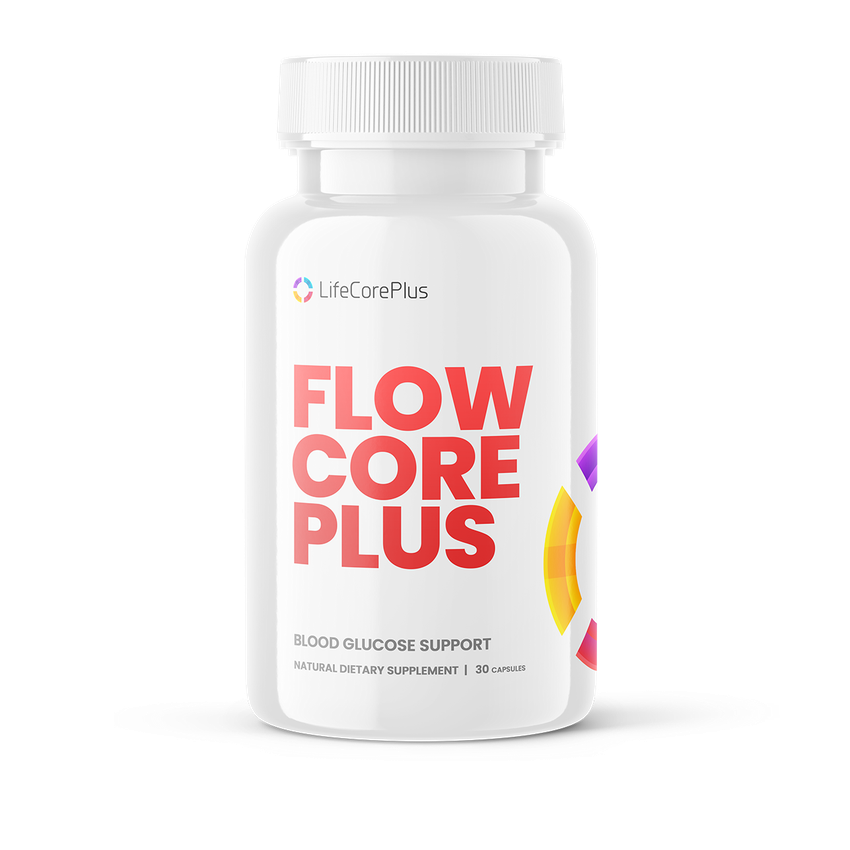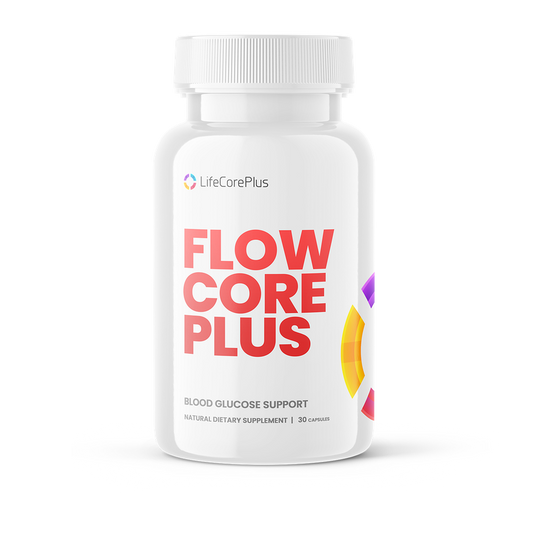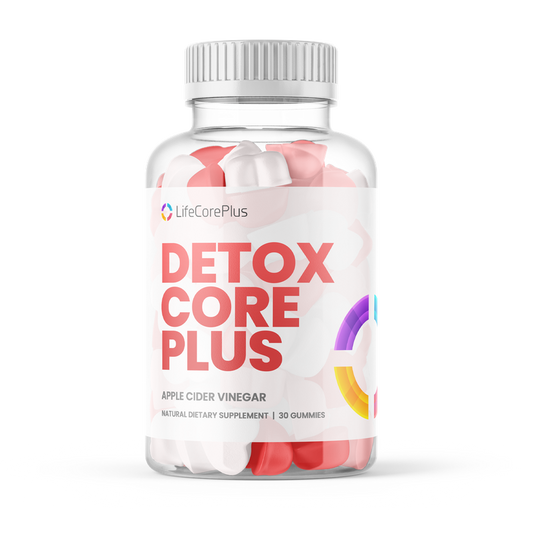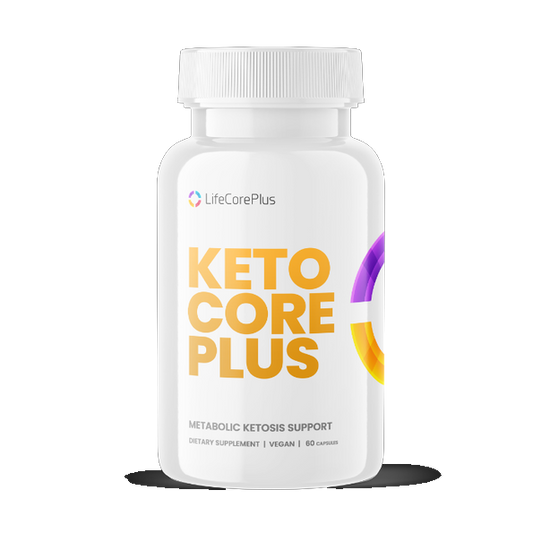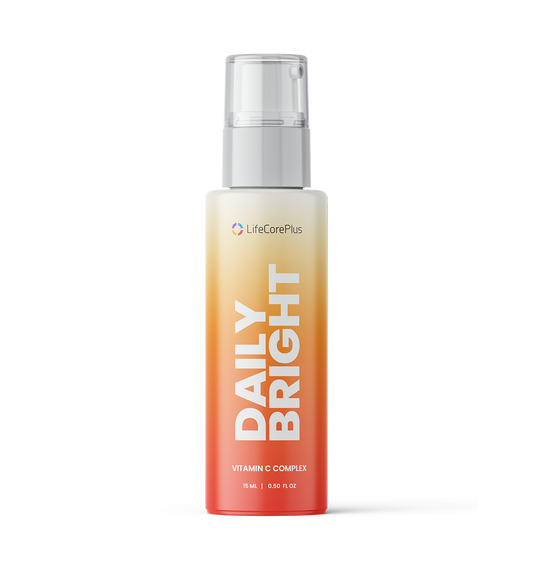
Are Your Supplements Actually Working? Here’s How to Tell
Share
You committed to taking a supplement. You're showing up daily. But you're still wondering: Is this actually doing anything?
The effects of a supplement aren’t always dramatic or immediate. And not all benefits are visible on the outside. Here's how to evaluate whether your supplements are worth the investment — and how to avoid falling into the "I don't feel anything" trap.

1. Set realistic timelines.
Supplements like caffeine or melatonin work fast. Others — like probiotics, adaptogens, or hormonal support — take weeks of consistent use to make a difference. Give it at least 30 days unless there’s an immediate reaction.
2. Track how you feel.
The most overlooked tool in supplement evaluation? A simple journal. Track your sleep, mood, digestion, energy, skin, focus — whatever relates to your goal. Check in weekly and look for small but meaningful shifts.
3. Consider lifestyle variables.

A supplement won't outpace poor sleep, a high-stress job, or skipping meals. Make sure your lifestyle habits aren’t undermining the supplement’s potential benefits.
4. Look for compounding effects.
Some improvements are subtle: fewer afternoon slumps, steadier energy, smoother digestion, better recovery. Over time, these compound. If your baseline improves, the supplement is likely doing its job.
5. Get lab data (if relevant).
For things like blood sugar, cholesterol, inflammation, or nutrient levels, data can help. Periodic testing with a healthcare provider can track internal results you can’t feel day-to-day.
Final takeaway: The best supplements don’t feel like a miracle. They feel like balance returning — gradually, but sustainably.
